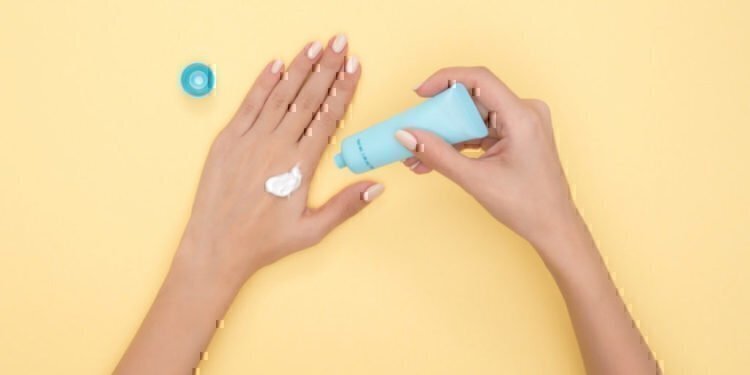From fastcompany.com
If you asked 16 million women what they wanted out of their eye creams and face washes, then used all of this information to create your very own skincare collection, it might look something like Versed, a non-toxic line that is dropping at all 1400 Target stores and online on May 19. Every single product in the 19-item collection costs under $20.
The new brand comes from Clique Brands, the company behind women’s lifestyle blog Who What Wear, which recently spun off a fashion label also sold at Target. Last year, Clique announced it would begin incubating new startups through a holding company called Offspring, and Versed is the first fruit of this effort.
“With the Who What Wear fashion line, we wanted to bring high-trend items typically only accessible to women in big cities, and make them available to women across the country,” says Katherine Power, CEO of both Clique Brands and Versed. “I saw the same opportunity when it came to skincare.”
While Versed is now a standalone company that owns its own supply chain, it relies on the information gathered from Who What Wear’s community of 16 million monthly users. Versed also did a smaller study tapping into 8,000 members of the community who participated in focus groups and population studies. Versed has used these insights to identify new opportunities in the crowded beauty market.
So what did the data tell them? For one thing, that women were more dissatisfied with their skincare options than with beauty, according to Melanie Bender, GM of Versed. And when it came to skincare, consumers are looking for products that were affordable, non-toxic, and that effectively addressed their most anxiety-inducing skincare issues like wrinkles, under-eye circles, and blemishes.
Power says the company spent a lot of time developing a supply chain that would allow them to sell effective, non-toxic products at under $20 a pop. She points out that many brands try to stand out on the beauty aisle by creating dramatic packaging, but all of this comes at an additional cost. “We focused on using high-quality ingredients and we saved money in other ways, like using off-the-shelf packaging instead of designing our own,” Power says. “We also control our entire supply chain, which also allows us to be lean.”
Read more here.








